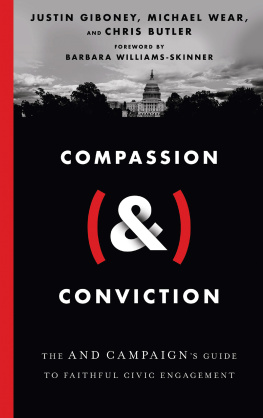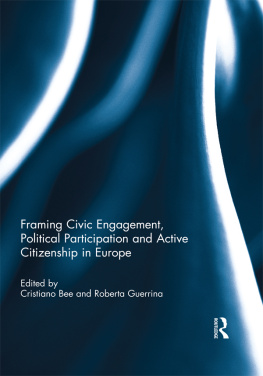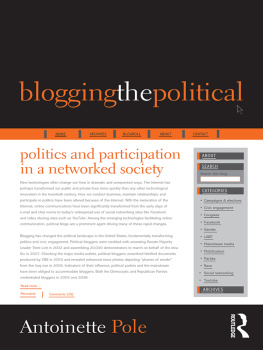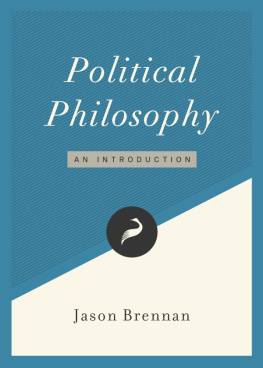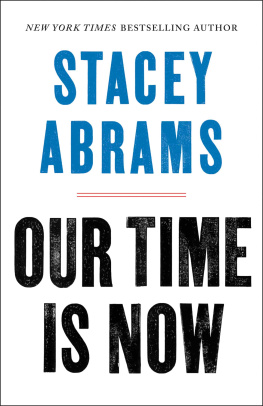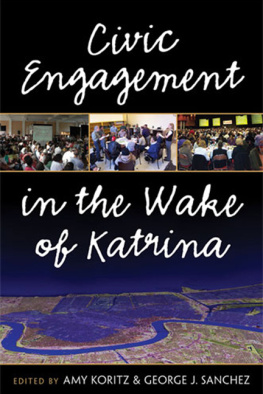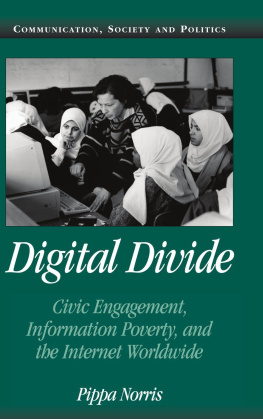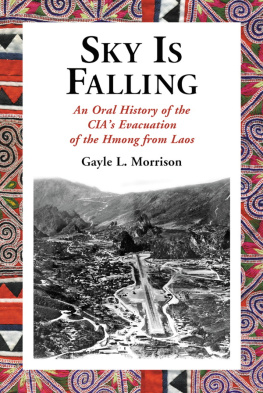Stanford University Press
Stanford, California
2017 by the Board of Trustees of the Leland Stanford Junior University. All rights reserved.
This book has been published with the assistance of the University of Massachusetts Boston.
No part of this book may be reproduced or transmitted in any form or by any means, electronic or mechanical, including photocopying and recording, or in any information storage or retrieval system without the prior written permission of Stanford University Press.
Printed in the United States of America on acid-free, archival-quality paper
Library of Congress Cataloging-in-Publication Data
Names: Wong, Carolyn, author.
Title: Voting together : intergenerational politics and civic engagement among Hmong Americans / Carolyn Wong.
Description: Stanford, California : Stanford University Press, 2017. | Series: Asian America | Includes bibliographical references and index. | Description based on print version record and CIP data provided by publisher; resource not viewed.
Identifiers: LCCN 2016021289 (print) | LCCN 2016019337 (ebook) | ISBN 9781503600430 () | ISBN 9780804782234 (cloth : alk. paper)
Subjects: LCSH: Hmong AmericansPolitics and government. | Political participationUnited States. | Intergenerational relationsPolitical aspectsUnited States. | Hmong AmericansEthnic identity.
Classification: LCC E184.H55 (print) | LCC E184.H55 W66 2017 (ebook) | DDC 305.8959/72073dc23
LC record available at https://lccn.loc.gov/2016021289
Typeset by Newgen in 11/14 Garamond
ASIAN AMERICA
A series edited by Gordon H. Chang
The increasing size and diversity of the Asian American population, its growing significance in American society and culture, and the expanded appreciation, both popular and scholarly, of the importance of Asian Americans in the countrys present and pastall these developments have converged to stimulate wide interest in scholarly work on topics related to the Asian American experience. The general recognition of the pivotal role that race and ethnicity have played in American life, and in relations between the United States and other countries, has also fostered the heightened attention.
Although Asian Americans were a subject of serious inquiry in the late nineteenth and early twentieth centuries, they were subsequently ignored by the mainstream scholarly community for several decades. In recent years, however, this neglect has ended, with an increasing number of writers examining a good many aspects of Asian American life and culture. Moreover, many students of American society are recognizing that the study of issues related to Asian America speak to, and may be essential for, many current discussions on the part of the informed public and various scholarly communities.
The Stanford series on Asian America seeks to address these interests. The series will include works from the humanities and social sciences, including history, anthropology, political science, American studies, law, literary criticism, sociology and interdisciplinary and policy studies.
A full list of titles in the Asian America series can be found online at www.sup.org/asianamerica
Acknowledgments
I thank all the community participants who shared parts of their life story and rich insights for contributing to the research. Many colleagues and research assistants helped with this project. Special thanks are owed to Chai Lee, who led a team of undergraduate research assistants from four academic institutions. Chai continually offered inspiration and thoughtful suggestions, helping me learn from literature on the Hmong diaspora, refine the research design, conduct and transcribe interviews, and interpret findings. The team of research assistants was based at Carleton College and also included students from California State UniversityFresno, Stanford University, and University of North CarolinaCharlotte. The team members included PaChia Yang, Via Yang, Fue Thao, Pa Lor, Gao Yang, Meena Xiong, Yer Yang, Koua Her, Derek Vang, Bill Vang, Sasah Xiong, Lilian Thaoxaochay, Mai See Vang, Arasely Linares, Lilisee Thao, Malee Yang, Xiao Zhou Zhu, and Claire Yanjing Du. Pao Xiong and Xai Lor provided additional research assistance. Several colleagues and research assistants helped with compilation of data shown in census-based maps and tables: John Her, Xinxin Xie, Meg Her, Wei-shin Fu, and S. S. Rishard.
I was fortunate to receive helpful suggestions about the project from many colleagues, including Mai Na Lee, Gary Yia Lee, Kou Yang, Mark Pfeifer, Karthick Ramakrishnan, Andy Aoki, Pei-te Lien, Paul Watanabe, Mae Ngai, Naran Bilik, Zhang Xiao, Yu Xiao Long, Robert Entenmann, Barbara Allen, the late Roy Grow, and Mary Lewis Grow. Lee Pao Xiong led a 2010 study tour to Thailand and Laos, where I was able to learn about the history and contemporary life of the Hmong in these two countries. Neal Thao gave advice on the translation of survey instruments. Parts of the manuscript were presented at panels of two annual meetings of the American Political Science Association, as well as the Association of Asian American Studies, the Boston Immigration and Urban History Seminar, and a seminar hosted by the Asian American Studies program at the University of MinnesotaTwin Cities. I thank the panelists and workshop participants for their excellent comments.
Linda Lee and Yang Lor helped me explore the scholarly literature on the Hmong in Asia and the United States when the project was first conceived. I thank Pam Tau Lee and Ben Lee for insights into research questions to pursue. At conferences and during reading groups and dinner conversations, Eric Shih, Hai Binh Nguyen, Linda Tran, Alex Tom, Calvin Miaw, Timmy Lu, Owen Li, Michael Liu, and May Louie joined me in lively conversations about the Hmong American experience and its relationship to Asian American history and American politics.
Nou Her, See Yee Yang, Mai Ka Moua, Jay Xiong, Mike Vang, Molina Tang, and Jonathan Eidsvaag contributed to ongoing academic conversations and a research conference at Carleton College on the experience of the Southeast Asian American in 2007. Many of the questions and themes explored in this book were discussed by students and faculty members at these sessions.
At the Institute for Visualization and Perception Research, University of MassachusettsLowell, Georges Grinstein, William Mass, and Jim Giddings provided assistance by creating maps of electoral districts in St. Paul and Fresno on the Weave platform.
Chai Lee, Mai See Yang, Mai Neng Yang, Mai Na Lee, Alice Wong Tucker, and Pao Her read drafts of the manuscript in part or in its entirety, contributing helpful suggestions. Brian Wong, Susan Stone Wong, Emily Wong, Julia Wong, Daniel Wong, the late Steven Stone, and Som Stone contributed fresh perspectives on the research when we discussed it at family gatherings.
Two reviewers provided detailed comments on the manuscript, enabling me to improve it. I thank Kate Wahl, Eric Brandt, and Margo Irvin at Stanford University Press for their assistance in publishing this work. Gordon Chang, editor of the Asian America series, gave ongoing support and thoughtful advice. I am especially grateful to my mother, Rose Wong, for proofreading and editing multiple drafts. Id also like to thank the project manager at Newgen North America, Jay Harward. Katherine Faydash performed the copyediting, Diane Il Grande proofread the text, and Jay Marchand indexed the book. The dean of Carleton College provided support for research assistance and travel. All errors are of course solely my responsibility.


